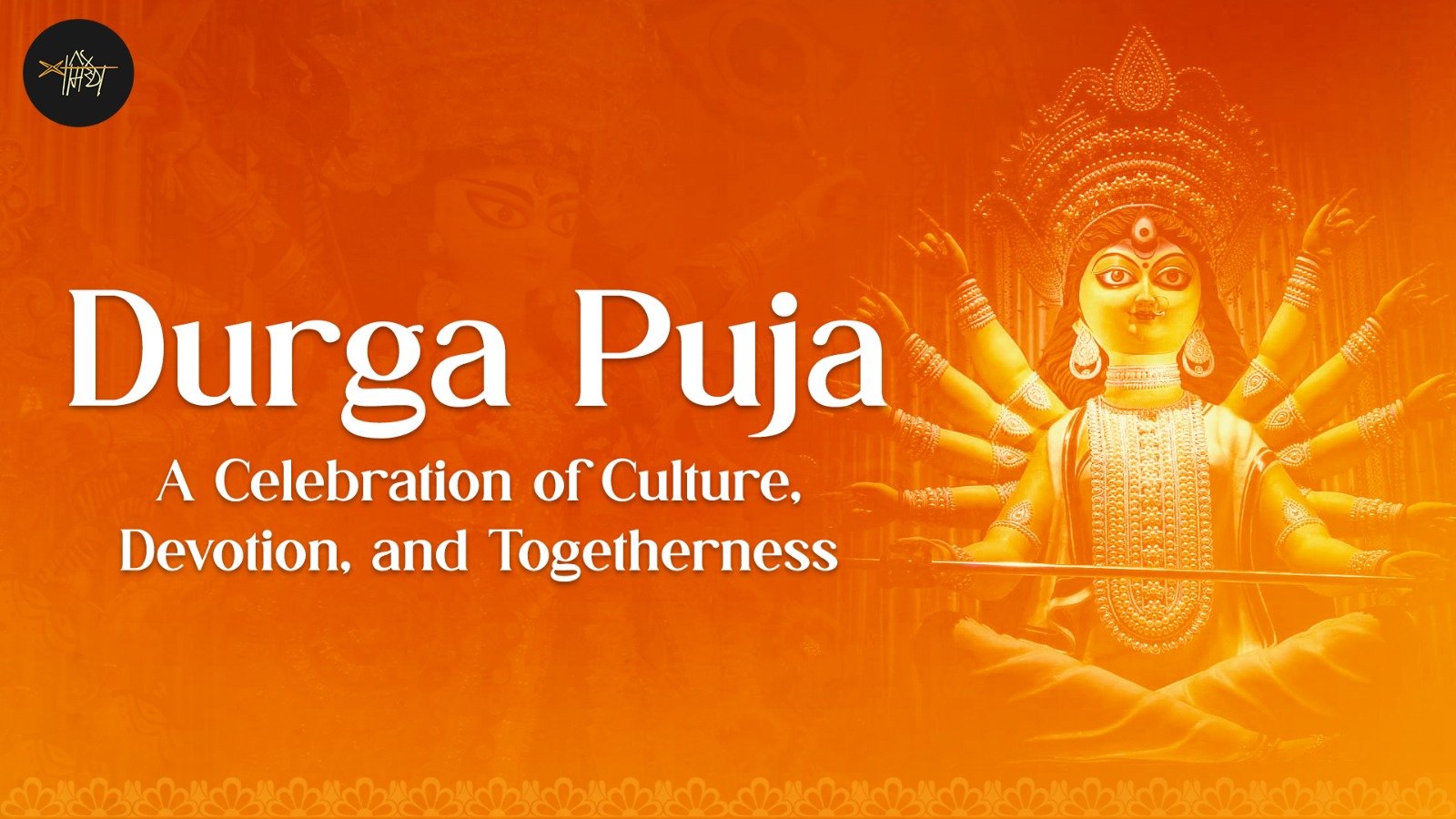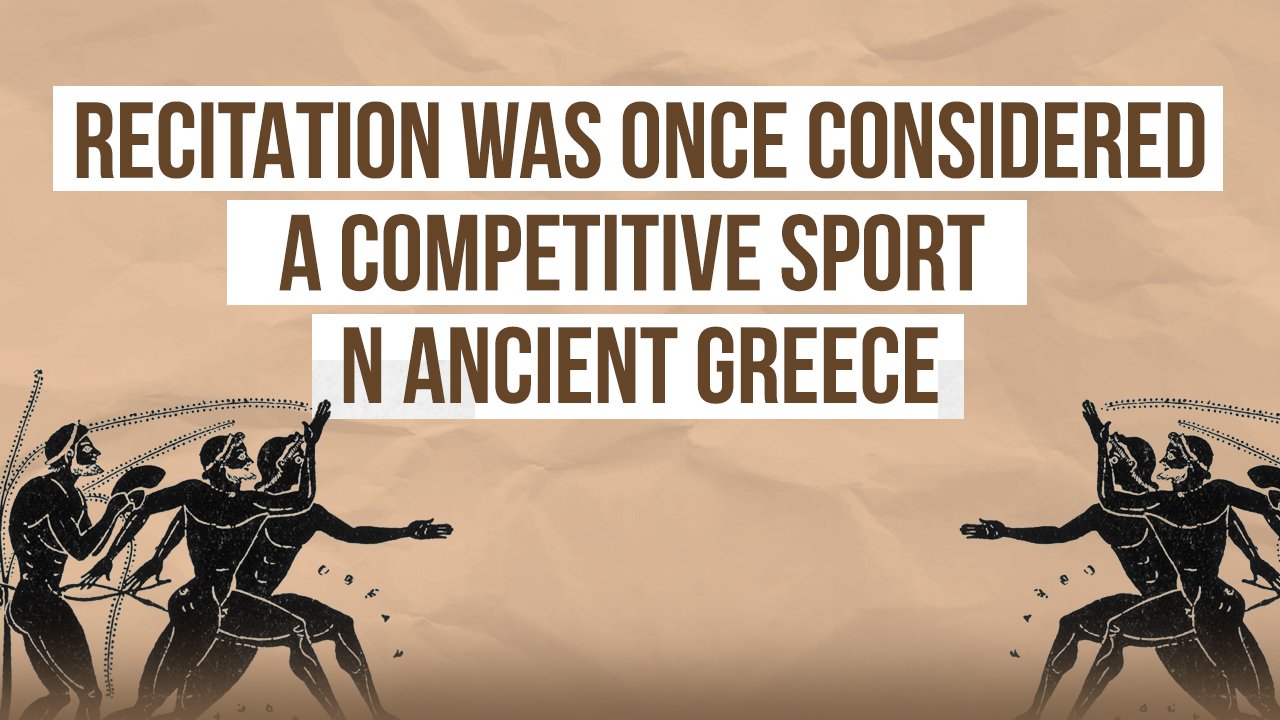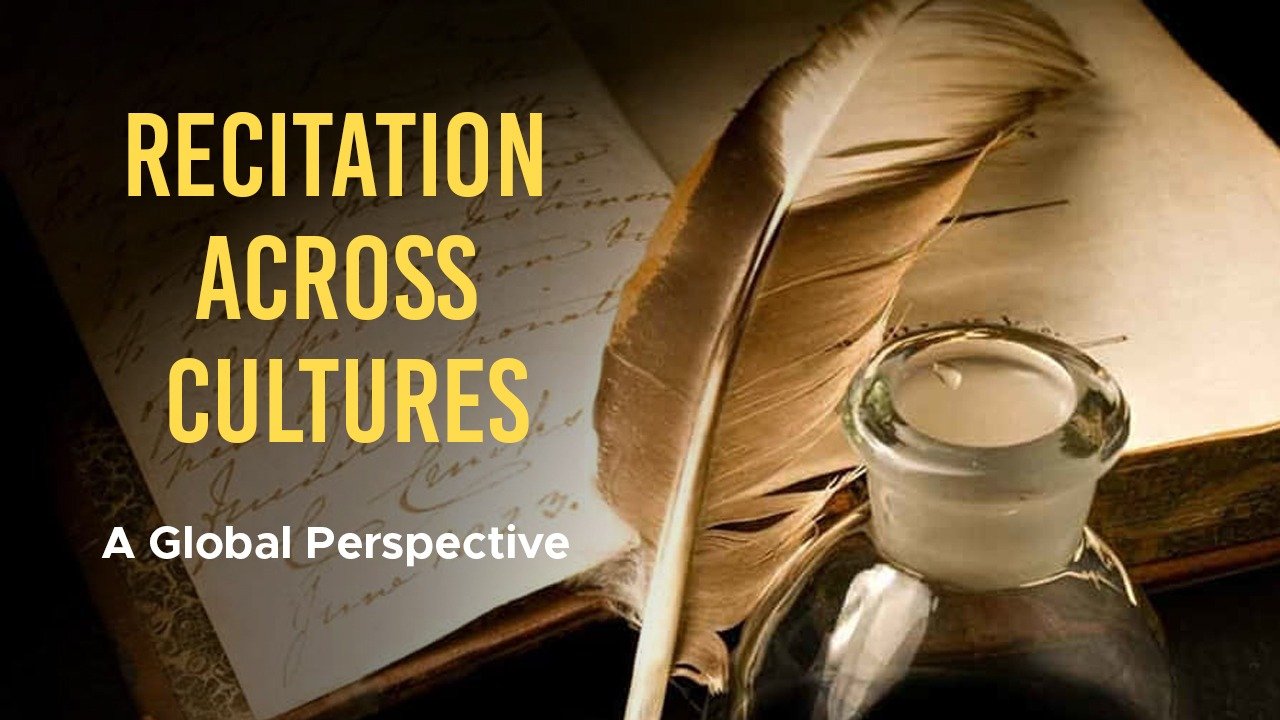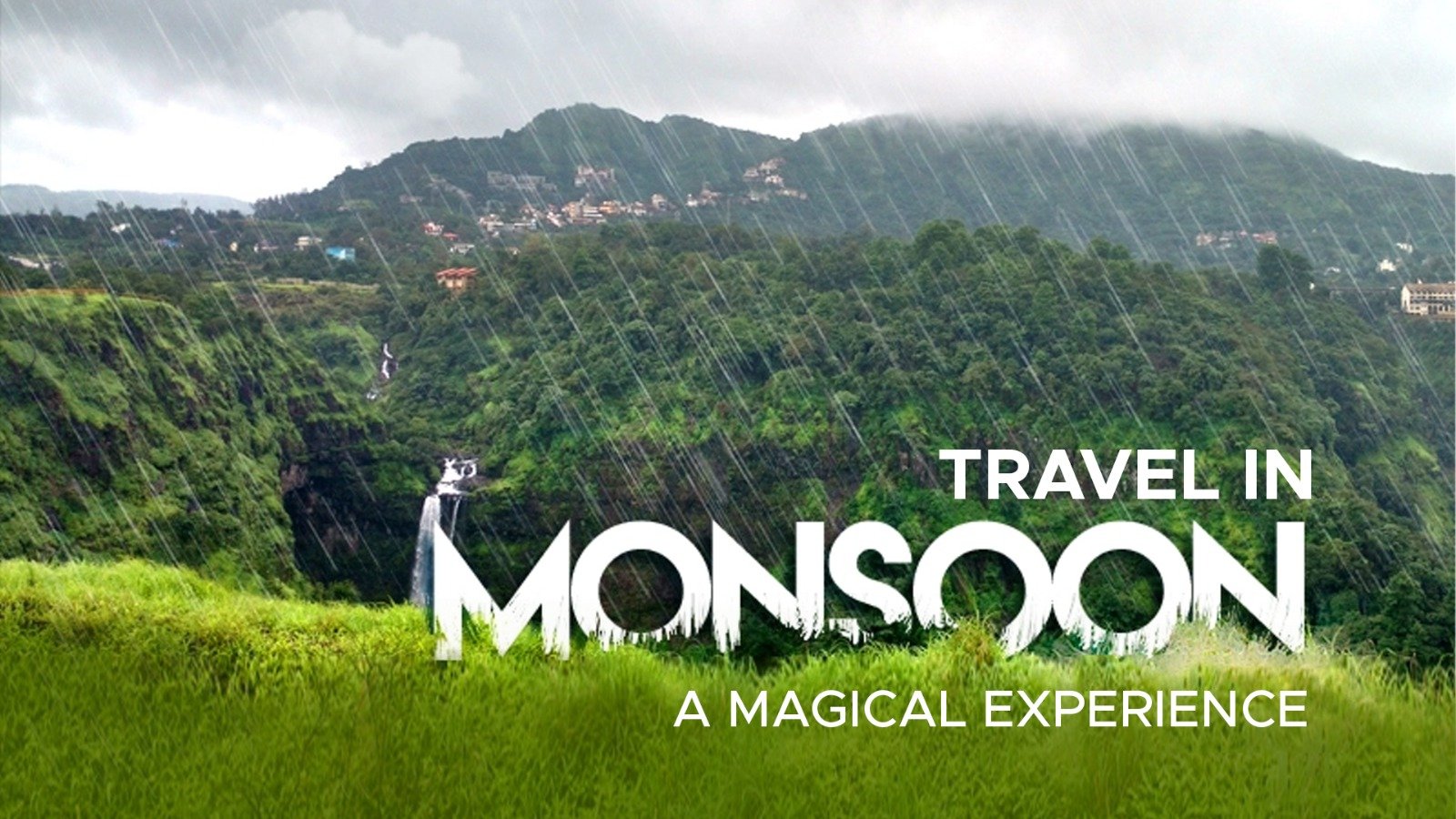Indian music is endowed with legendary personalities for which till now Indian songs, music, films etc, are popular in the world. Many great personalities time to time were born who enriched Indian culture with songs music and films. One of the great personalities, the legendry singer who was born in Varanasi of UP on June 16, 1920, was Hemanta Mukherjee also known as Hemant Kumar (16 June 1920 – 26 September 1989). He was a music director and singer who sang in Bengali, Hindi and many other Indian languages. This article is dedicated to his eternal soul on the occasion of his birthday also birth centenary. I feel not only in India but in the world such as in Bangladesh, he is still remembered. Few lines about him are presented here. He was born in Varanasi in his maternal grandfather house who was a leading physician. From the paternal side his family originally from Jaynagar of West Bengal, the area is still famous for a special type of sweet known as ‘moa’ (sweet ball made of dry-milk and a sort of puffed rice) popularly known as ‘Jaynager moa’. Their family migrated from Jaynagar to then Calcutta now Kolkata during the early 1900s. He was brought up there and subsequently attended Nasiruddin School and later on Mitra Institution school of Calcutta. There he met his pal Subhas Mukhopadhyay who later on became famous for his poetry. During this time, Hemant Kumar had a friendship with the renowned writer Santosh Kumar Ghosh. After passing the intermediate examinations (present 12-grade examination), Hemanta joined Bengal Technical Institute at Jadavpur, Calcutta to pursue his course in Engineering but he was more interested in music than engineering study, so he left to pursue a career in music, despite objection from his father. In 1959, Hemant Kumar desired to produce the movie under his own banner ‘Hemanta-Bela productions’ (Bela Mukherjee was a singer and wife of Hemant Kumar) and the first movie was a Bengali film directed by Mrinal Sen, titled Neel Akasher Neechey (meaning under the blue sky). Anyway, he simultaneously took more interest in Rabindranath Tagore’s songs which he preferred to sing till his death and few famous Tagore’s songs sung by him in the 1940s inter alia are: Amar aar habey naa deri (1944), Keno pantho ey chanchalota (1944), Aashad kotha hote aaji1(1945), Esho shyamalo sundaro(1945), Prangane mor shirishshakhaye (1946), Dhwanilo rey, dhwanilo rey (1946), Tomai gaan shonabo (1947), Pagla haoar badal diney (1948), Aji sharata taponey prabhata swapaney (1949) etc. During the 1960s he was a popular male voice in many of Tagore’s musical dramas like Valmiki Pratibha, Shyama, Sapmochan, Chitrangada, Chandalika etc. But his success in Hindi films was minimal. He extended music for a handful of his home productions, but none of these was successful nor the music. For his extraordinary performance in music, he was nominated for Padmabhushan which he refused politely, as he turned down earlier Padmashree. It is heartening to mention that he was publicly felicitated in Netaji Indoor Stadium in Calcutta/Kolkata for completing 50 years in the musical journey, where, great singer Lata Mangeshkar presented him mementoes etc. Hemant Kumar sang in many languages and won many awards. Few of the awards are – Filmfare Best Music Director Award (1956), National Film Award for Best Male Playback Singer (1971), National Film Award for Best Male Playback (1987), etc. Also, he was awarded many times BFJA Best Music Director Award (1962, 1963, 1964, 1967, 1968, 1975, 1986, 1987, and 1988) and BFJA Award for Male Playback singer in 1972, 1975, and 1976. It is pertinent to mention that Bengal Film Journalists’ Association Awards commonly referred to as BFJA Awards. Hemant Kumar was also awarded the prestigious Sangeet Natak Akademi Award in 1986. He was a great human being also. Whenever for local performance Hemant Kumar was going with the team he used to pay for tea, snacks etc. for his team members. He was fully involved in the musical world till his death as his last concert was in September of 1989 in Bangladesh where he went to receive the Michael Madhusudhan Award. After his return, he had a severe heart attack and died on 26 September 1989 in Kolkata at the age of 69 years. Pronam to such a great personality and legendary singer on the occasion of his birthday and birth anniversary
Hemanta Mukhopadhyay
Sarmistha Ray
||
Post On > Jun 14 2023 ||


The Best Places to Visit in West Bengal During Autumn-Winter Transition
2025-10-08 10:55:53

Durga Puja: A Celebration of Culture, Devotion, and Togetherness
2025-08-28 14:45:06

Recitation Was Once Considered a Competitive Sport in Ancient Greece
2025-08-13 13:11:14

Recitation Across Cultures: A Global Perspective
2025-08-06 14:50:44

The Power of the Spoken Word: Techniques and Traditions in Recitation
2025-07-30 13:51:52

Travel in Monsoon: A Magical Experience
2025-07-02 15:03:12